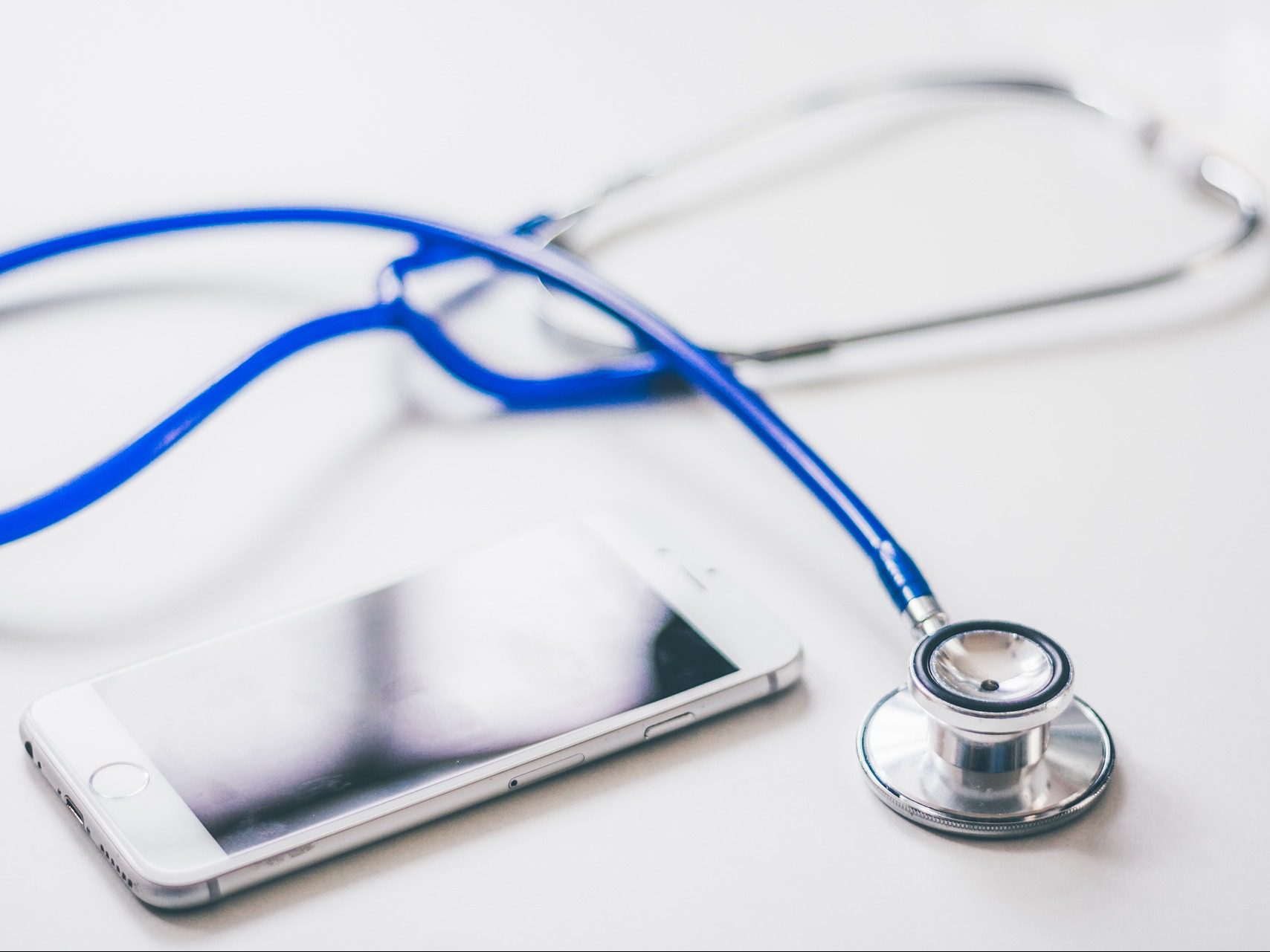
Recording consultations
Clear and transparent communications are at the heart of a first class health care system. Taking notes during and after a consultation is commonplace and a complete set of notes is critical to patient care. An up to date medical history enables doctor’s to spot trends and diagnose issues. Recording consultations is one way to make this process more efficient and reduce the burden on doctors.
Doctor concerns
Rather than being nervous of their advice being recorded, there are obvious benefits for the practitioner. Doctors can focus on listening to the patient rather than making notes. It also can reduce the administrative load after the consultation. In fact, many patients are now proactively asking their GP if they can record consultations. This is not because they are trying to catch the doctor out. But rather because the patient may find the advice difficult to comprehend or retain.
According to one study, 69% of patients said that they would like their clinical encounters recorded with the primary motivation being to replay, relisten or share the recording with others. In any case, many surgeries routinely record inbound calls for training and monitoring purposes. So it makes sense to also record telephone consultations and retain those recordings for the patient’s benefit too.
Practical and legal considerations considerations
To assist healthcare organisations in deciding whether to record telephone calls, the General Medical Council has issued guidelines. The guidelines say that calls should only be recorded for legitimate reasons, for example, medico-legal purposes, staff training and audit. The doctor should also warn the caller that the telephone call is being recorded. No secret recordings should be made.
Notwithstanding this advice, you should always satisfy yourself that you are compliant with any relevant data protection legislation prior to recording any calls. Remember that personal and confidential information will be contained on the call recording and it should be handled in the same way as any other medical notes.
Benefits of recording patient consultations
- A recording provides an accurate and contemporaneous recording of the consultation. This can be useful to refer to in the future if written notes are unclear.
- In the event of a claim or a complaint, a recording could be useful evidence in any related proceedings.
- Patients often forget key information provided during a consultation. A recording may assist them to make better informed decisions.
- The availability of a call recording can reduce the need to make long notes. A copy of the call can be saved as an audio file and attached to the patient’s record. If helpful the call can also be transcribed so that there is a searchable and written record.
- An open recording can be helpful if a patient is unhappy. A reminder that a recording is being made of the incident can often defuse a situation and help improve customer service standards.
Conclusion
Whilst the idea of recording consultations may initially cause alarm there are obvious benefits of doing so. Rather than being seen as a way of ‘catching out’ the practitioner, it should be viewed as an alternative way of making notes.
The recording of telephone appointments is a good place to start. The technology to record, transcribe and log calls is available and can be cost effective to implement.
